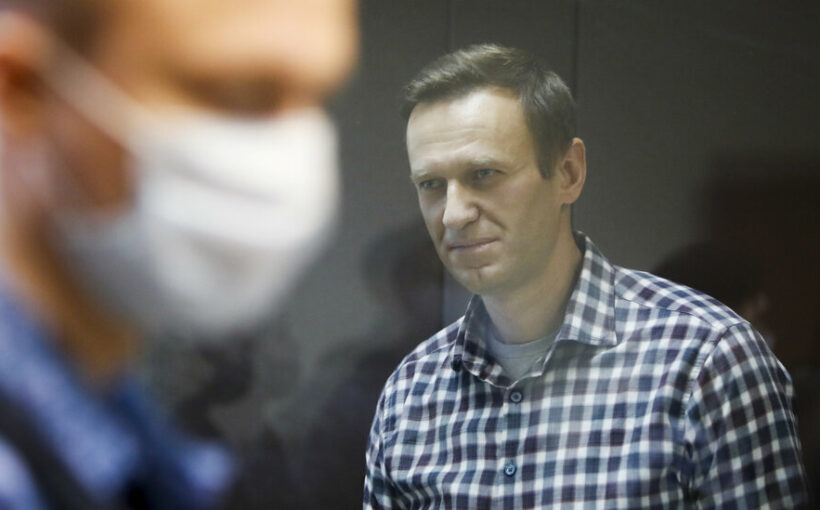The Biden Administration declassified an intelligence finding on Tuesday that Russia’s F.S.B., one of its leading intelligence agencies, orchestrated the poisoning of Aleksei A. Navalny, and announced its first sanctions against the Russian government for the attack and the imprisonment of the opposition politician.
The sanctions closely mirrored a series of actions that European nations and Britain took last October and expanded on Monday. Senior administration officials said it was part of an effort to show unity in the new administration’s first confrontations with the government of President Vladimir V. Putin of Russia.
But none of the sanctions were specifically directed at Mr. Putin, or the country’s intelligence chiefs or the oligarchs that support the Russian leader.
The actions were notable, though, because they are the first Mr. Biden has taken in five weeks since he became president. While most past presidents have come into office declaring they would seek a reset of relations with Russia, Mr. Biden has done the opposite — warning that Mr. Putin is driving his country back into an era of authoritarianism, and promising to push back on violations of human rights and efforts to destabilize Europe.
One official told reporters on Tuesday morning that the administration was not seeking to reset relations, but also was not seeking to escalate confrontations.
History suggests the sanctions may have little effect.
In 2018 the Trump administration announced sanctions against Russia for the use of a nerve agent against a former Russian double agent living in Britain, Sergei Skripal, and his daughter Yulia, and expelled dozens of Russian diplomats. But that proved little deterrent to the F.S.B. using the same technique against Mr. Navalny.
White House officials are expected to announce the sanctions later on Tuesday, and the Treasury Department will publish a list of the names of those under sanctions.
But a senior official conceded that the action was, in many ways, catching up to designations that the Europeans have already made. The official said the main effort was to assure that the U.S. and Europe were “on the same page” after several months in which European sanctions went beyond any imposed by Washington.
The European Union on Monday approved the imposition of sanctions on four senior Russian officials considered responsible for the prosecution and imprisonment of Mr. Navalny.
Source: Read Full Article
